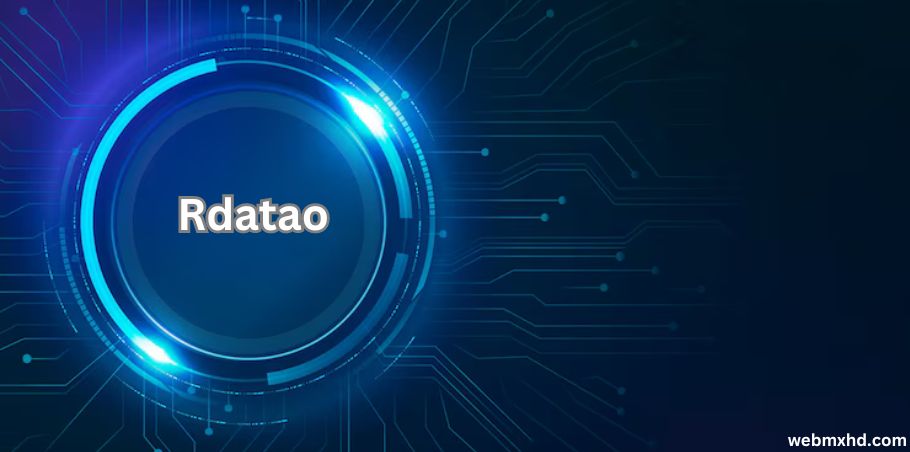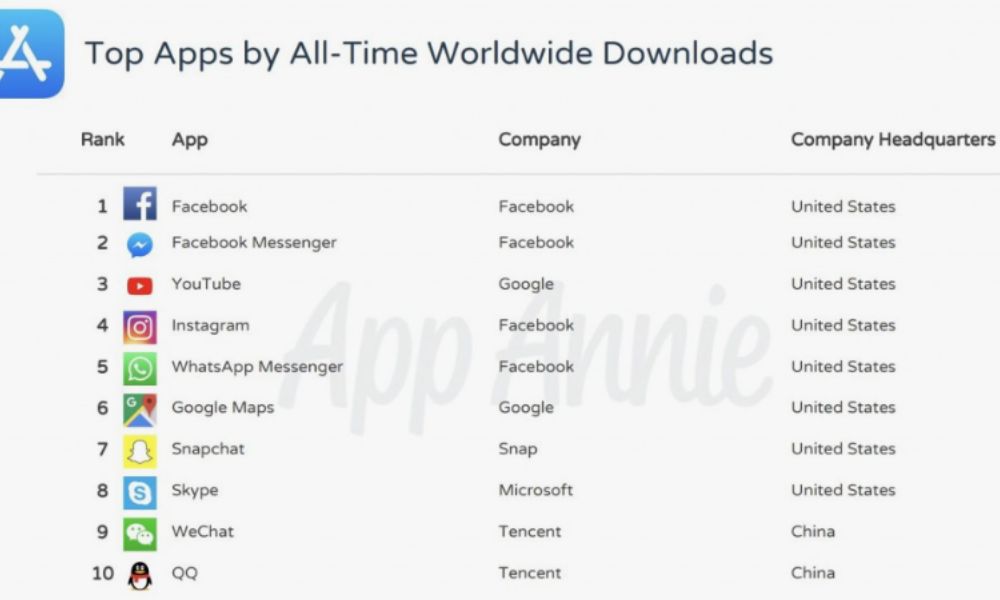Rdatao: Exploring the Potential of Data-Driven Technologies
In today’s fast-paced digital world, data has become the lifeblood of innovation and growth. The concept of Rdatao embodies the next step in harnessing this powerful resource. But what exactly is Rdatao, and why should you care? Let’s dive deep into understanding how this emerging technology is transforming industries and paving the way for a smarter future.
The Evolution of Data Analytics
Historically, data analytics was about examining past data to understand trends and inform future strategies. This retrospective approach, while valuable, often meant reacting to changes rather than anticipating them. R data o revolutionizes this process by enabling organizations to analyze data as it is generated. This shift from a reactive to a proactive stance allows for more agile decision-making and quicker responses to emerging trends.
Technologies Behind Rdatao
Rdatao relies on several advanced technologies that work in tandem to process and analyze data in real-time. Machine learning algorithms, for instance, continuously learn from incoming data, improving their predictions and insights over time. Artificial intelligence enhances these capabilities by providing sophisticated tools for pattern recognition and anomaly detection. Additionally, the Internet of Things (IoT) devices contribute by providing a steady stream of data from various sources, enriching the analysis and broadening its scope.
Applications of Rdatao Across Industries
In Business: In the business world, Rdatao is a game-changer. Companies use it to optimize supply chains, personalize marketing efforts, and enhance customer service. For example, real-time data can help businesses adjust inventory levels dynamically, improving efficiency and reducing waste. Similarly, personalized marketing campaigns can be crafted based on current customer behavior, leading to better engagement and higher conversion rates.
In Healthcare: Healthcare is another sector benefiting significantly from Rdatao. By analyzing patient data in real-time, healthcare providers can offer more personalized treatment plans and improve patient outcomes. Predictive analytics can identify potential health issues before they become critical, allowing for early intervention and better management of chronic conditions.
In Education: Education is also undergoing a transformation thanks to R data o. Educators and institutions can use real-time data to track student performance, tailor learning experiences, and identify at-risk students early on. This proactive approach enables more effective teaching strategies and supports individualized learning paths.
In Finance: The financial sector leverages R data o for various applications, including fraud detection, risk management, and algorithmic trading. Real-time analysis allows financial institutions to detect unusual transactions and potential fraud quickly, while predictive models can help in making informed investment decisions.
Benefits of Rdatao
The advantages of adopting R data o are manifold. One of the most notable benefits is enhanced decision-making. With access to real-time insights, organizations can make more informed decisions, respond faster to market changes, and capitalize on emerging opportunities. Predictive analytics also allows businesses to anticipate future trends and prepare accordingly, giving them a strategic advantage.
Moreover, Rdatao contributes to improved efficiency and productivity. By automating data analysis and integrating real-time insights into decision-making processes, organizations can streamline operations and reduce costs. This efficiency translates into a more agile and responsive organization that can adapt to changes swiftly.
Challenges in Implementing Rdatao
Despite its many benefits, implementing R data o comes with challenges. Data privacy and security are major concerns, as the real-time processing of large volumes of data can expose organizations to risks if not managed properly. Ensuring that data is protected and compliant with regulations is crucial.
Technical challenges also arise, particularly in terms of integrating Rdatao technologies into existing systems. Organizations may need to invest in new infrastructure and train personnel to handle advanced data analysis tools effectively.
Additionally, the cost and resource allocation required for Rdatao implementation can be significant. Organizations must carefully plan their budgets and allocate resources to ensure a successful deployment and long-term sustainability.
Rdatao and Artificial Intelligence
How AI Enhances Rdatao Capabilities: Artificial Intelligence (AI) plays a critical role in enhancing the capabilities of Rdatao. By incorporating AI, organizations can automate complex data analysis tasks, allowing for faster and more accurate insights.
Machine Learning and Rdatao: Machine Learning, a subset of AI, is particularly valuable in Rdatao. It enables systems to learn from data and improve over time, leading to more accurate predictions and better decision-making.
Future of AI-Driven Rdatao: The future of R data o is closely tied to advancements in AI. As AI continues to evolve, we can expect Rdatao to become even more powerful, enabling organizations to make smarter, data-driven decisions.
Rdatao in Industry 4.0
Industry 4.0, also known as the Fourth Industrial Revolution, is characterized by the integration of digital technologies into manufacturing and other industries. R data o plays a crucial role in this revolution by providing real-time insights that drive innovation and efficiency, From smart factories to automated supply chains, R data o is already being used in various industries to improve operations and drive growth. These real-world examples demonstrate the potential of R data o to transform the way businesses operate.
The Future of Rdatao
Looking ahead, R data o is set to become even more integral to data-driven decision-making. Emerging trends in technology, such as advancements in AI and the proliferation of IoT devices, will further enhance Rdatao’s capabilities. The ability to analyze data in real-time will continue to evolve, providing even more sophisticated insights and predictive power, As industries continue to embrace Rdatao, its impact will be felt across various sectors. The ability to make data-driven decisions quickly and accurately will become increasingly important, driving innovation and growth in the years to come.
FAQs about Rdatao
What is Rdatao?
Rdatao refers to a cutting-edge approach in data-driven technologies that focuses on real-time data processing, advanced algorithms, and machine learning to generate actionable insights. Unlike traditional data analytics, R data o emphasizes predicting outcomes and optimizing processes continuously.
How does Rdatao differ from traditional data analytics?
Traditional data analytics typically involves analyzing historical data to gain insights after events have occurred. In contrast, R data o focuses on real-time data analysis, allowing organizations to respond to changes as they happen, making it a more proactive and dynamic approach.
What industries can benefit from Rdatao?
Rdatao has applications across various industries, including business and marketing, healthcare, education, and finance. Its ability to provide real-time insights and predictive analytics makes it valuable for any sector that relies on data-driven decision-making.
What are the main challenges in implementing Rdatao?
Implementing Rdatao comes with challenges such as ensuring data privacy and security, overcoming technical complexities, and managing the costs and resources required for a successful rollout. Organizations must carefully plan their Rdatao strategies to address these issues.
What is the future of Rdatao?
The future of Rdatao is closely tied to advancements in artificial intelligence and other emerging technologies. As these technologies evolve, R data o is expected to become even more powerful, enabling more precise predictions, enhanced decision-making, and greater efficiency across industries.
Conclusion
Rdatao represents a significant leap forward in the use of data-driven technologies. By enabling real-time insights and predictive analytics, it offers organizations the tools they need to stay ahead of the competition. However, implementing R data o comes with challenges, particularlyin the areas of data privacy, technical complexity, and resource allocation. Despite these challenges, the benefits of Rdatao are too significant to ignore. As industries continue to evolve, the adoption of Rdatao will likely become a critical factor in determining which organizations lead the way and which fall behind.
If you gained new insights from this article, explore our blog, Gimkit, for more enlightening content.
Share this content:





Post Comment